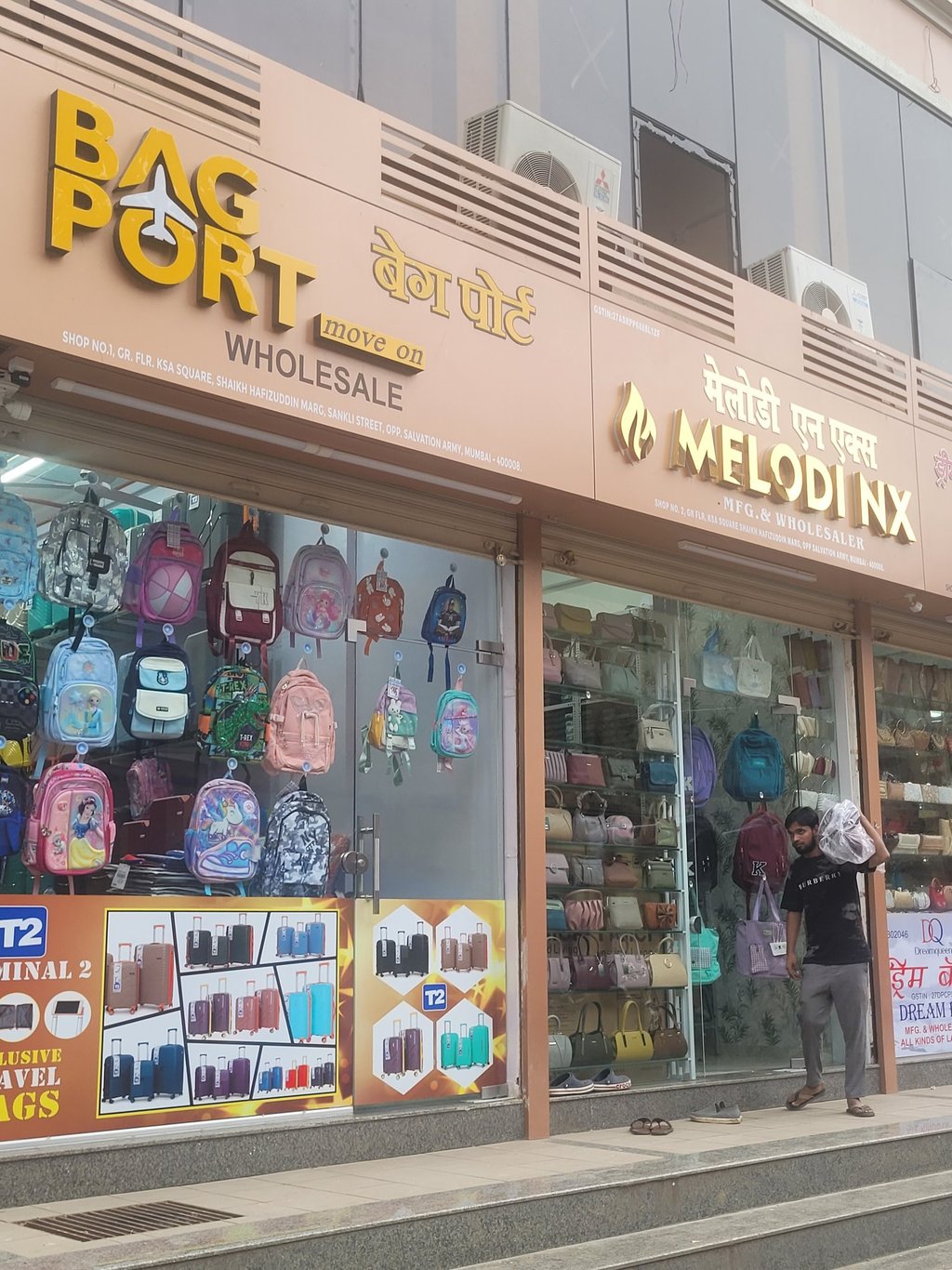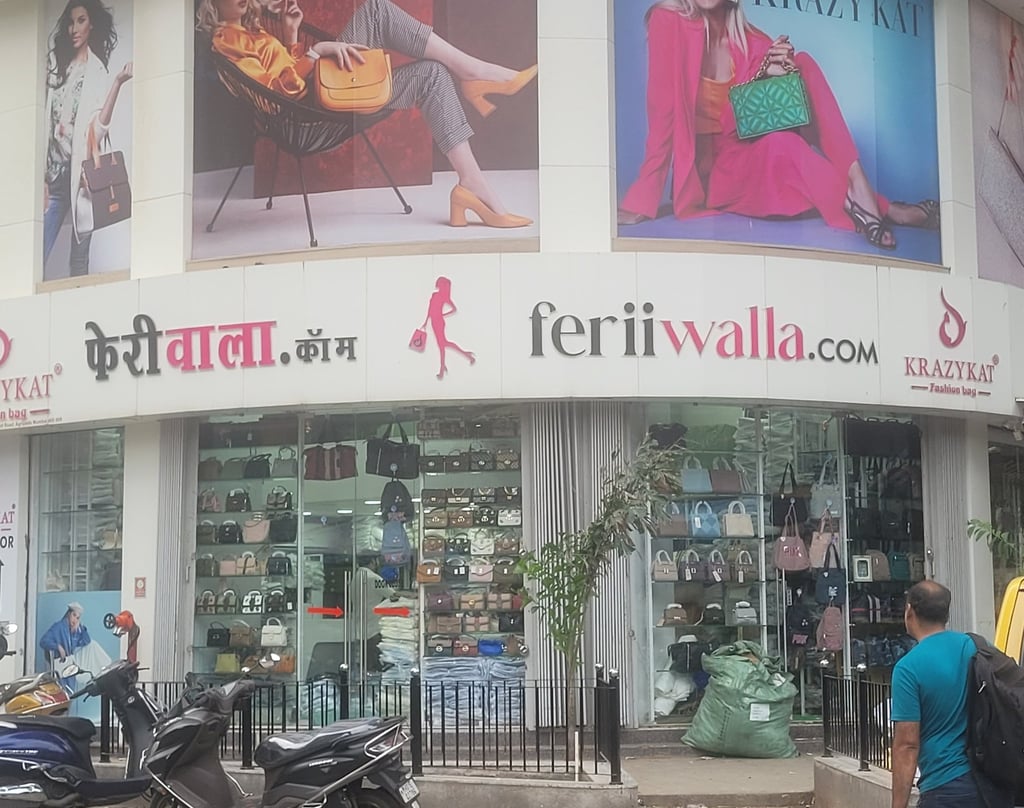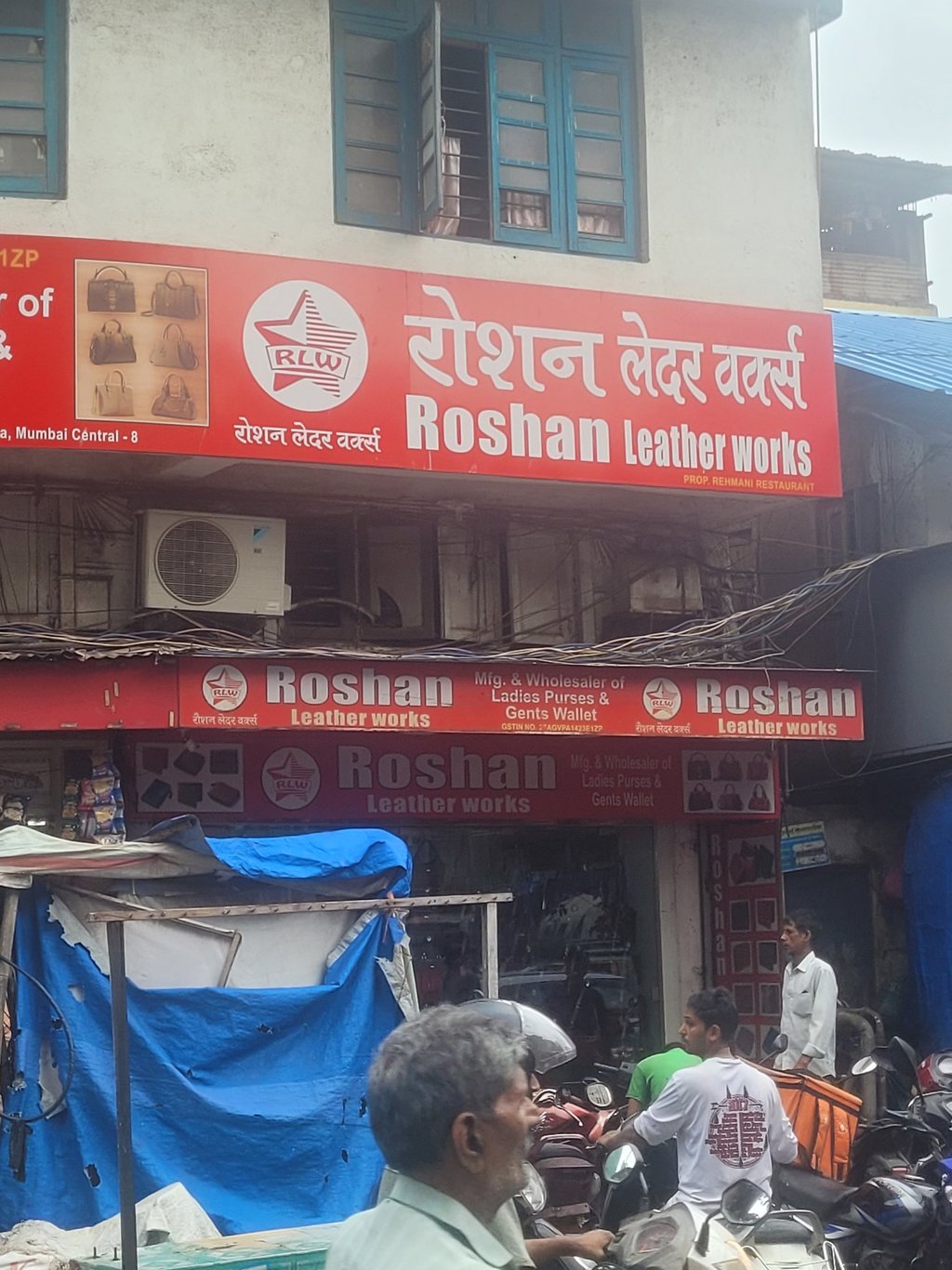Madanpura’s Leather Legacy How a Modest Neighborhood became an Entrepreneurs HUB
Blog post description.
INSIGHT
Hanif Lakdawala
8/17/20253 min read


The evolution of the Madanpura Bag Market in South Mumbai offers powerful and practical lessons for aspiring entrepreneurs
— especially those starting with limited capital, relying on community support, or building from traditional skills.
Hanif Lakdawala
In the narrow, bustling lanes of Madanpura, South Mumbai, a quiet revolution has been stitched — not with slogans, but with zippers, buckles, and straps. Today, this neighborhood, once known for its weaving heritage, has earned a new identity as Mumbai’s most dynamic and budget-friendly bag market.
From humble tailoring beginnings to a now-thriving hub of leather and synthetic bag production, Madanpura has shown what local enterprise, community resilience, and adaptation can truly build. The transformation began in the 1980s, when many families engaged in handloom weaving and tailoring started facing decline due to competition from industrial looms and mill closures across Mumbai.
By the late 1990s, with demand rising for school bags, office satchels, ladies handbags, and travel luggage, Madanpura’s small workshops began producing high-volume, affordable products. Leveraging skills already rooted in cutting, stitching, and finishing, these family businesses began servicing not just local demand but orders from across Maharashtra and Gujarat.
Why It Works: The Madanpura-Morland road Ecosystem
The growth of Madanpura has been bolstered by neighboring Morland Road, which acts as its retail extension. While Madanpura hosts the back-end workshops, Morland showcases finished goods for walk-in buyers and smaller retailers. In a city where sky-high malls dominate skylines, Madanpura is a reminder that real commerce often lives in the lanes. It's stitched into every backpack, zipped into every wallet, and packed with the dreams of thousands of workers and entrepreneurs.
Here are the key entrepreneurship lessons from Madanpura’s journey:
Lessons for Aspiring Entrepreneurs from the Madanpura Market
1. Start with What You Know — and Adapt
Madanpura’s earliest artisans were tailors and weavers. When the textile industry declined, they didn’t abandon their skills — they repurposed them for bags, belts, and leather accessories.
Lesson:
Your first venture doesn’t need to be a brand-new idea. Start with your core strengths and adapt them to new demand.
2. Solve Local Needs First
Madanpura began by fulfilling local demand — school bags, work bags, and women’s handbags for the city’s middle class. This made the products relevant, sellable, and sustainable.
Lesson:
Understand your immediate market. Don’t aim for global before solving problems at your doorstep.
3. Micro is Mighty
Many of the most successful bag businesses in Madanpura started as one-room operations — often with just 2–3 workers or even from home. No flashy logos. No AC offices. But they pay salaries, feed families, and grow steadily.They grew not with huge capital but with consistency and reinvestment. Micro-units producing 50–100 bags a day. Low startup capital – many businesses began with under ₹10,000. Focus on volume, consistency, and trust rather than branding. Many of these businesses are one-room factories.
Success isn’t always a startup. Sometimes it’s just starting up.
Lesson:
You don’t need crores to start. Begin small, but think long-term. Focus on building reliability and word-of-mouth trust.
4. Community Over Competition
Madanpura isn’t a solo success story. It grew because of shared labor, referrals, and supplier relationships. Traders often help each other fulfill large orders and source materials together. Traders share tailors, tools, suppliers. If one unit gets a big order, others help fulfill it. High interdependence = low failure rates. Operated through tight networks, not big factories
Lesson:
Collaborate. In a crowded market, partnerships can be more powerful than cutthroat competition.
5. Upgrade as You Grow
Madanpura artisans went from manual stitching to semi-automatic machines, from footpath sales to Meesho and Amazon listings. They embraced social media and even created private labels.
Lesson:
Adapt to trends. Learn the tools of today’s marketplace — be it digital platforms, branding, or customer service.
6. Stay Resilient in Crisis
The COVID-19 pandemic hit Madanpura hard, with layoffs and production halts. But within months, many units bounced back by shifting to mask production, bulk corporate orders, and online sales
Lesson:
Expect setbacks — and prepare to pivot. The ability to reinvent yourself is the mark of a true entrepreneur.
7. Let Your Work Speak
Many Madanpura businesses don't advertise heavily. Their marketing is built on product quality, customer referrals, and consistent delivery
Lesson:
Let excellence be your advertising. Focus on customer satisfaction more than flashy marketing.
Madanpura’s bag market embodies Mumbai’s relentless reinvention—a phoenix rising from mill ashes.
Final Insight:
Key Lessons for Entrepreneurs
Start small: Use what you know and have
Focus on trust: Your reputation is your capital
Don’t fear competition: Community collaboration wins
Stay flexible: Adapt to trends and demand
Embrace the ‘unbranded’ path: Great businesses don’t always start with logos
Start with What You Have
No investor? No problem. Use your skills. Madanpura didn’t wait for funding — they stitched what they could with what they had.
Don’t wait to get big. Start to get better.
You don’t need a startup pitch to start a business. You need skill, intent, and the courage to begin.”
The Madanpura Bag Market is living proof that entrepreneurship doesn’t need to be flashy or funded — it needs to be grounded, resilient, and responsive to real needs.




Insights
Explore valuable resources for aspiring entrepreneurs today.
Connect
Support
info@forbusiness.co.in
© 2025. All rights reserved.
info@forbusiness.co.in
